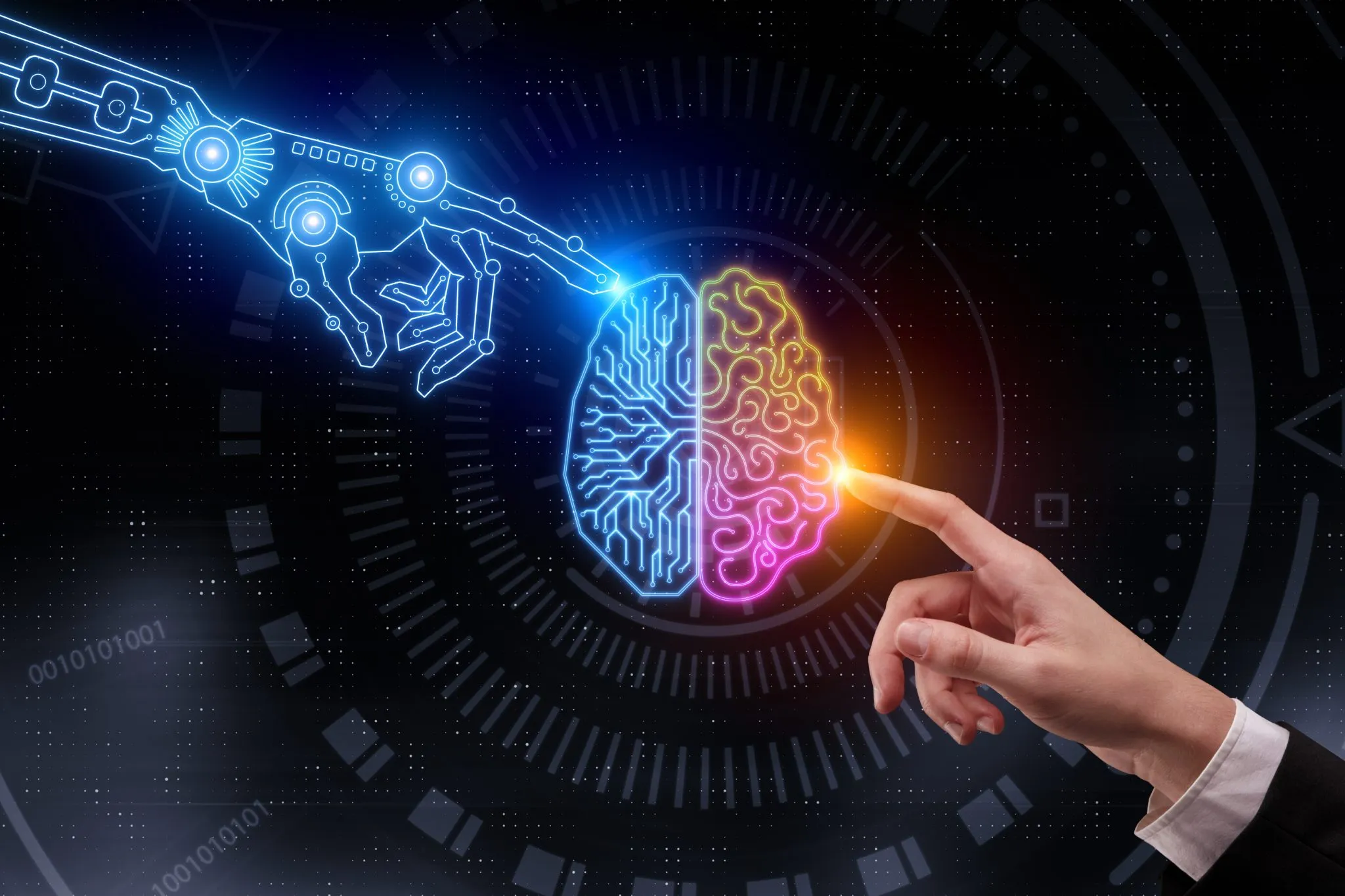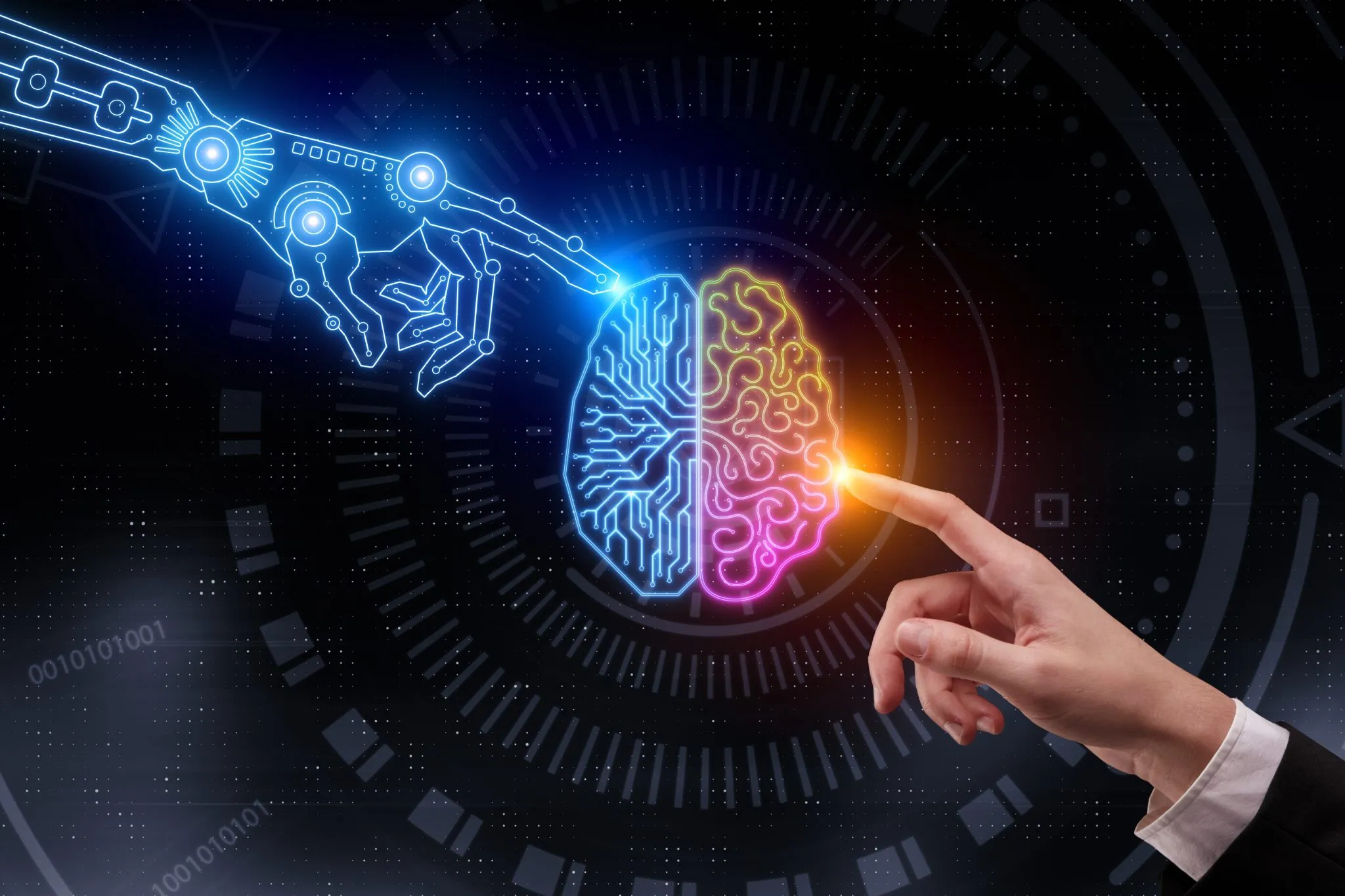Talking about what is AI advantages and disadvantages, artificial intelligence has become an integral part of modern technology, offering numerous benefits as well as challenges. Understanding both sides of AI is essential to leveraging its potential effectively and responsibly. One of the primary advantages of AI is its ability to automate repetitive and time-consuming tasks.
What is AI advantages and disadvantages
It is interesting to ask what is AI advantages and disadvantages, especially that artificial intelligence allows people to focus on more creative and complex work that requires critical thinking. AI systems can process large amounts of data with a high degree of accuracy, minimizing the potential for human error.
This precision is particularly beneficial in fields such as healthcare, where AI-powered diagnostic tools can assist in detecting diseases earlier and more accurately than traditional methods. Unlike humans, AI-driven machines do not need rest or breaks, which allows them to operate continuously.
What is AI advantages and disadvantages ? The round-the-clock functionality of artificial intelligence is advantageous in sectors like customer service and manufacturing, where consistent performance is crucial. In addition, AI is excellent at analyzing massive datasets at speeds far beyond human capability.
This ability is useful in industries such as finance, marketing, and research, where data-driven decision-making is key to staying competitive. AI has found its way into personal lives through virtual assistants, such as Siri and Alexa, personalized recommendations on streaming platforms, and smart home devices. These applications simplify and improve everyday activities.
On the other part of what is AI advantages and disadvantages, AI creates new job opportunities in fields such as data science and machine learning, but it also leads to the automation of many traditional roles, which can result in significant job losses. Workers in repetitive or routine positions are especially vulnerable, posing societal challenges around employment.
Developing and implementing AI systems require significant investment. Costs associated with research, development, and maintenance can be prohibitive for smaller businesses, leading to disparities in technological adoption across different industries. Plus, AI, for all its capabilities, lacks the empathy, ethics, and nuanced judgment of humans.
Reflecting on what is AI advantages and disadvantages, this can lead to problematic outcomes when artificial intelligence systems are used in decision-making processes that involve moral or ethical considerations. AI systems often rely on large amounts of personal data to function effectively. This dependence raises concerns about data privacy, security breaches, and misuse of information.
Ensuring that AI solutions comply with data protection regulations is a continuous challenge. As AI becomes more integrated into various fields, there is a risk of humans becoming overly dependent on technology. This dependence may result in a decline in certain skills and critical thinking abilities, making people less adaptable in situations where AI cannot be applied. Also, these systems are only as unbiased as the data they have.
When asking what is AI advantages and disadvantages, we should remember that if the input data contains biases, the AI can perpetuate and even amplify these biases, leading to unfair outcomes. This is particularly concerning in areas such as hiring, criminal justice, and lending. AI holds immense potential to revolutionize industries, enhance productivity, and improve quality of life.
However, it also comes with significant challenges that need to be addressed to ensure it is used ethically and equitably. The rapid advancement of AI has also sparked significant ethical debates regarding its future development and control. As AI systems grow more sophisticated, questions around accountability and transparency become more pressing.
For instance, when an AI makes a complex decision, understanding the rationale behind it is often difficult due to the black box nature of many AI algorithms. This lack of transparency can make it challenging to assign responsibility when errors or controversial outcomes occur, complicating regulatory efforts and fostering distrust among the public.
Building AI frameworks that emphasize interpretability and align with human values is essential to ensure that the technology serves humanity’s best interests without unintended consequences.





